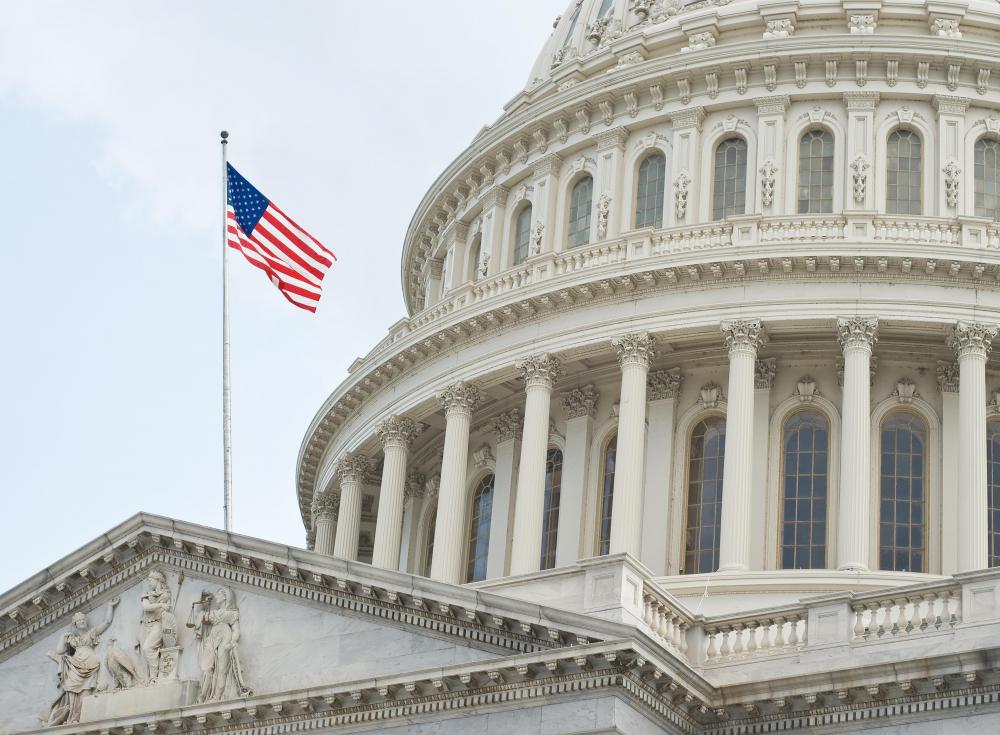At WiseGEEK, we're committed to delivering accurate, trustworthy information. Our expert-authored content is rigorously fact-checked and sourced from credible authorities. Discover how we uphold the highest standards in providing you with reliable knowledge.
What is a Censure?
A censure is, generally speaking, an expression of disapproval with a person's actions. In a legal sense, it refers to a formal reprimand from a governing body, indicating displeasure with the way someone behaved in a given situation. There are no additional penalties provided when a person is censured, merely a note in the permanent record that disapproval was registered, but the act is generally deemed very serious because it can be damaging to a person's reputation.
The procedure for carrying out a censure varies, depending on the nation and the authoritative body involved. Generally, any body, ranging from a national legislature to a private organization, can choose to censure one of its members or to generate an expression of censure condemning the actions of a prominent public figure related in some way to the body. If the leader of the organization is being targeted, that person must stand aside for the discussion and vote, as it is not deemed appropriate for people to preside over their own censure proceedings.

In a censure, a formal document will be written up, describing the offense and expressing disapproval. If the censure wins a majority of votes when it is brought to the vote, it will be entered in the record. If the organization is prominent, this may attract media attention and the matter could be widely publicized. When a national legislature censures the head of state, for example, this tends to be avidly discussed across the country.
Additional steps can be taken after a censure in some cases. For example, if an attorney is censured by a bar association, this may be accompanied with proceedings to suspend the attorney's license to practice or to disbar the attorney, barring further legal practice altogether. Likewise, censuring may alert other organizations and people to someone's actions, and could lead to a civil suit or other pursuit in court for damages.
Some critics consider censuring an empty gesture because it doesn't come with significant consequences. Others believe it is an effective method for disciplining people when measures of discipline may not be available, by putting them on notice that their public actions are observed and noted. For example, if a member of a governing body makes racist comments at a campaign event, this isn't grounds for expulsion from the body or any other penalties, but the person can be censured as a warning. This also acts as a public statement, making it clear that parent organizations do not unilaterally support or endorse the actions of their members.
AS FEATURED ON:
AS FEATURED ON:











Discuss this Article
Post your comments